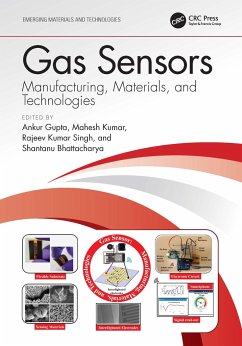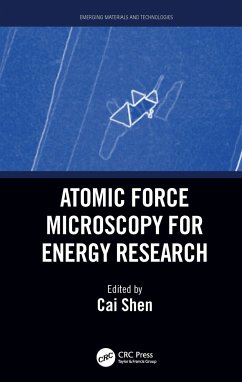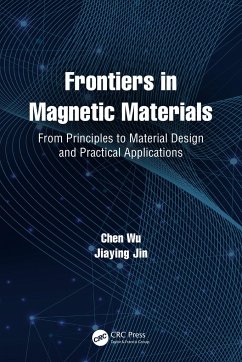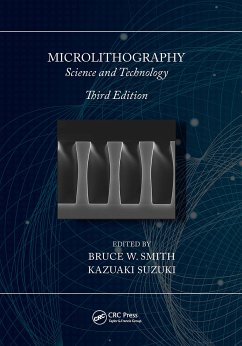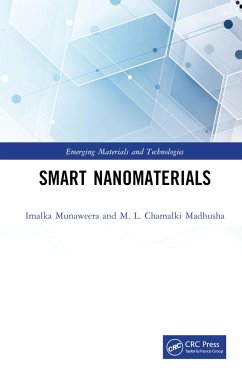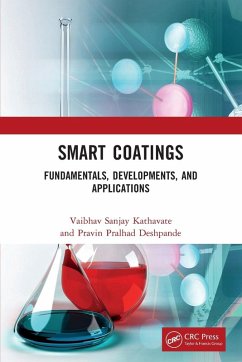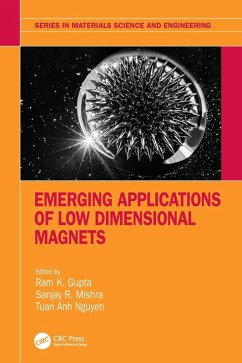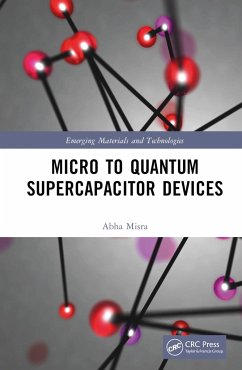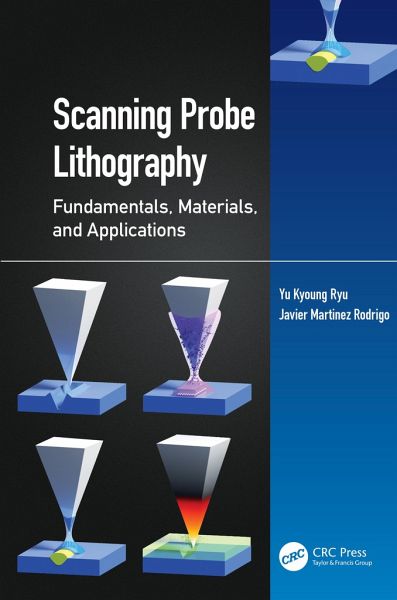
Scanning Probe Lithography
Fundamentals, Materials, and Applications
Versandkostenfrei!
Versandfertig in 6-10 Tagen
104,99 €
inkl. MwSt.
Weitere Ausgaben:

PAYBACK Punkte
52 °P sammeln!
The most complete book available on scanning probe lithography (SPL), this work details the modalities, mechanisms, and current technologies, applications, and materials on which SPL can be performed. It provides a comprehensive overview of this simple and cost-effective technique, which does not require clean room conditions and can be performed in any lab or industry facility to achieve high-resolution and high-quality patterns on a wide range of materials: biological, semiconducting, polymers, and 2D materials.- Introduces historical background of SPL, including evolution of the technique a...
The most complete book available on scanning probe lithography (SPL), this work details the modalities, mechanisms, and current technologies, applications, and materials on which SPL can be performed. It provides a comprehensive overview of this simple and cost-effective technique, which does not require clean room conditions and can be performed in any lab or industry facility to achieve high-resolution and high-quality patterns on a wide range of materials: biological, semiconducting, polymers, and 2D materials.
- Introduces historical background of SPL, including evolution of the technique and tools
- Explains the mechanism of sample modification/manipulation, types of AFM tips, technical parts of the experimental setup, and materials on which the technique can be applied
- Shows the different types of devices and structures fabricated by SPL, together with the processing steps
- Contains a complete and state-of-the art package of examples and different approaches, performed by different international research groups
- Summarizes strengths, limitations, and potential of SPL
This book is aimed at advanced students, technicians, and researchers in materials science, microelectronics, and others working with lithographic techniques and fabrication processes.
- Introduces historical background of SPL, including evolution of the technique and tools
- Explains the mechanism of sample modification/manipulation, types of AFM tips, technical parts of the experimental setup, and materials on which the technique can be applied
- Shows the different types of devices and structures fabricated by SPL, together with the processing steps
- Contains a complete and state-of-the art package of examples and different approaches, performed by different international research groups
- Summarizes strengths, limitations, and potential of SPL
This book is aimed at advanced students, technicians, and researchers in materials science, microelectronics, and others working with lithographic techniques and fabrication processes.




